It’s been more than 17 years since I interviewed James Watt and Martin Dickie to find out all about their fast-growing enterprise, BrewDog, at Kessock Industrial Estate in Fraserburgh.
The two bright young beer-makers told me they’d invested their life savings in getting the business up and running.
And they had ambitious plans for it.
Phenonemal growth
BrewDog has enjoyed phenomenal growth since then.
The business decamped to Ellon in 2013 and much beer has flowed from its ever-expanding array of huge mash tuns in the Aberdeenshire town.
The firm’s brews and bars can now be found all over the world.
Just over a year ago I was walking along the main drag in Las Vegas when I saw the neon lights of one of the company’s newest watering holes slap bang in the middle.
But the extraordinary growth journey has been peppered with many controversies.
Some of these spring to mind as I look back on Mr Watt’s time at the helm.
He’s announced on social media that he’s stepping down as chief executive, but will stay on as as “captain and co-founder”.
He plans to spend more time with his family friends, having been in a relationship with reality TV star Georgia Toffolo since last year.
On his LinkedIn post announcing the change, Mr Watt said: “When I look back on the last 17 years (119 dog years) my overwhelming feeling is one of gratitude.
“Gratitude to have been able to build the world’s leading craft beer brand, from scratch.
“Gratitude to have been able to work with such amazing people all over our business, including our fantastic community.
“I am eternally thankful for all the brilliant beers, all the standout batches of Jack Hammer and all the wild adventures we have been on as a team.”
Mr Watt, 44 this month, is handing the reins to chief operating officer James Arrow, who would be hard-pushed to grab as many headlines as his predecessor has achieved.
BrewDog’s other co-founder, Martin Dickie, has mostly kept out of the limelight over the past 17 years.
But Mr Watt and the business in general have frequently been in the spotlight.
Much of the company’s early success was down to its knack of garnering publicity for its potent brews and controversial beer names.
As a new kid on the block among beer-makers, its seemingly deliberate efforts to shock were a winning strategy.
‘Aggressive’ marketing
It came under fire from the Portman Group, the industry body set up to monitor the promotion and advertising of alcohol, which accused the company of “aggressive” marketing and claimed some of its beers may even encourage antisocial behaviour.
BrewDog marked its first anniversary by launching of one of the world’s most
expensive beers.
Despite their £40 price tag, bottles of the super-strength, whisky-infused Paradox 1968 Islay Cask brew were quickly snapped up by connoisseurs all over the world.
The company faced criticism after launching Tokyo – the UK’s strongest beer, with a 18.2% alcohol content.
And there was more controversy when it gave one of its brews, Speedball, the same name as a heroin-cocaine cocktail that claimed the lives of actors John Belushi and River Phoenix.
The beer was removed from shop shelves around the UK “to protect the public” after Portman’s independent complaints panel said the marketing promoted illegal drugs.
TV stardom
BrewDog’s co-founders enjoyed early TV stardom by appearing in the BBC series Oz and James’s Big Beer Adventure, featuring Top Gear’s James May and wine guru Oz Clarke.
Mr Watt – a former fisherman – later took part in a new TV series, The Last Millionaire.
It pitched him against some of the finest business minds in the UK.
They were stripped of mobiles, laptops, business contacts and cash, and given a small amount of start-up capital to create a successful money-making business in Turkey.
Business awards galore
Despite their firm’s “bad publicity” and long-running spat with Portman, Mr Watt and Mr Dickie racked up business awards galore.
Meanwhile, their business continued to prosper and grow.
In 2010 a controversial beer costing £500 a bottle and packaged inside dead animals sparked fury.
The End of History, which at 55% alcohol was said to be the world’s strongest beer, was packaged in stuffed roadkill including squirrels, stoats and a hare.
A run of 12 330ml bottles sold out within four hours of them going on sale.
BrewDog said the animals had all died of natural causes but an angry animal welfare rights group branded the firm “perverse” and “grotesque” for its latest marketing ploy.
In 2014 came “the world’s first protest beer”.
The “Hello My Name is Vladimir” drink from BrewDog mocked Russian president Vladimir Putin’s anti-gay legislation ahead of the Winter Olympics in Sochi.
Half of the profits from the sale of the beer were donated directly to charities that represent oppressed minorities around the world.
BrewDog also sent a case of the limited edition beer to President Putin.
As well as claiming the beer was “not for gays”, the label carried a garish image of Putin wearing eye shadow and lipstick and said the beer “may contain traces of sarcasm”.
Another labelling gimmick in the midst of Covid saw BrewDog take aim at Boris Johnson advisor Dominic Cummings after his infamous lockdown-breaking exploits.
The firm’s Barnard Castle Eye Test IPA was a not to Mr Cumming’s well-publicised trip to County Durham.
Meanwhile, the business continued to prosper and grow.
Of course, rapid expansion comes at a price.
Rather than turn to venture capitalists, BrewDog has raised cash through “Equity for Punks” crowdfunding offers giving subscribers a stake and beer-based perks in exchange for their money.
Ellon-based brewer’s workplace culture comes under microscope
BrewDog has faced a storm of criticism in recent years following widely publicised allegations of bullying, sexism and a “culture of fear” prevailing within its workforce.
Hundreds of former BrewDog staff signed a damning open letter saying the company was “toxic” to work for.
Mr Watt’s own behaviour was at the heart of some of the claims.
A BBC documentary, The Truth About Brewdog, looked into the brand’s work culture.
At the time, Mr Watt hit out about “false rumours and misinformation” and apologised to anyone he had made feel uncomfortable.
All that glitters is not gold
The firm was later rapped by advertising watchdogs over a competition in which customers won beer cans wrongly billed as being made of “solid gold”.
And one of its Instagram posts was banned for making misleading claims over an alcoholic drink.
In August 2022 the company shut six of its pubs, including sites in Aberdeen and Inverness, blaming rising costs and the energy crisis.
Mr Watt said the decision was taken because there was “no prospect of any help from a clueless government”.
And in his “captain’s update” in that year’s BrewDog annual report, he said being named as one of the Sunday Times’ best places to work was a “massive moment”.
Also in 2022, Mr Watt was awarded £600,000 after he was scammed out of thousands of pounds by an ex-girlfriend who was secretly behind an online trolling campaign.
He said later he was “overwhelmed by the support” following the court ruling in his favour.
And he described the “considerable distress and anxiety” he suffered when he was conned out of £100,000.
Read more: BrewDog no longer the young upstart as it seeks to break into world’s five biggest beer brands
Emili Ziem was ordered to repay him the money, plus £500,000 in expenses after Lord Brailsford ruled in Mr Watt’s favour at Edinburgh’s Court of Session.
But a subsequent private prosecution brought by Mr Watt ended with Ms Ziem being acquitted of criminal charges. Lawyers for Mr Watt offered no evidence.
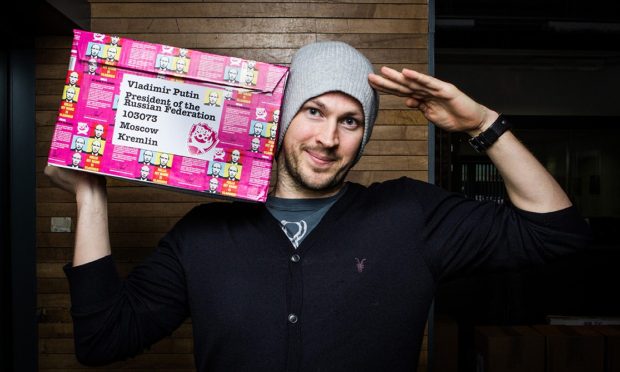
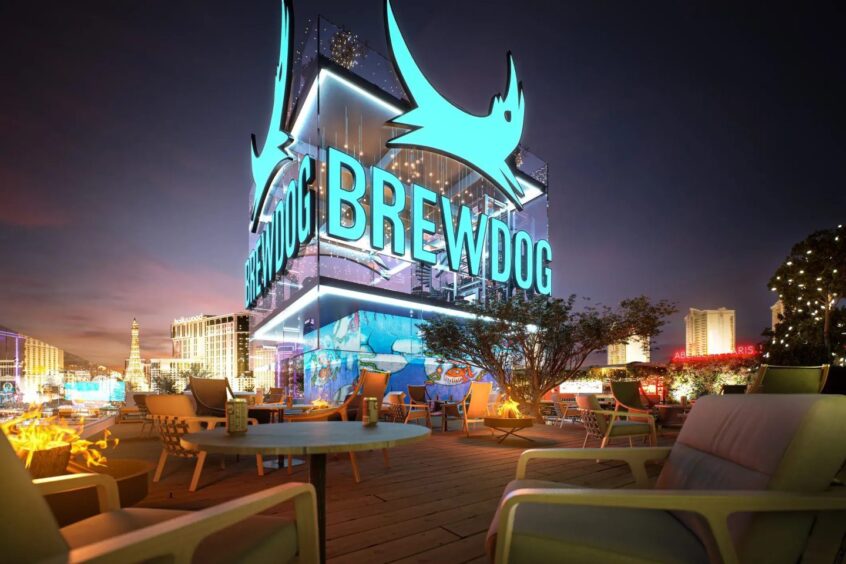
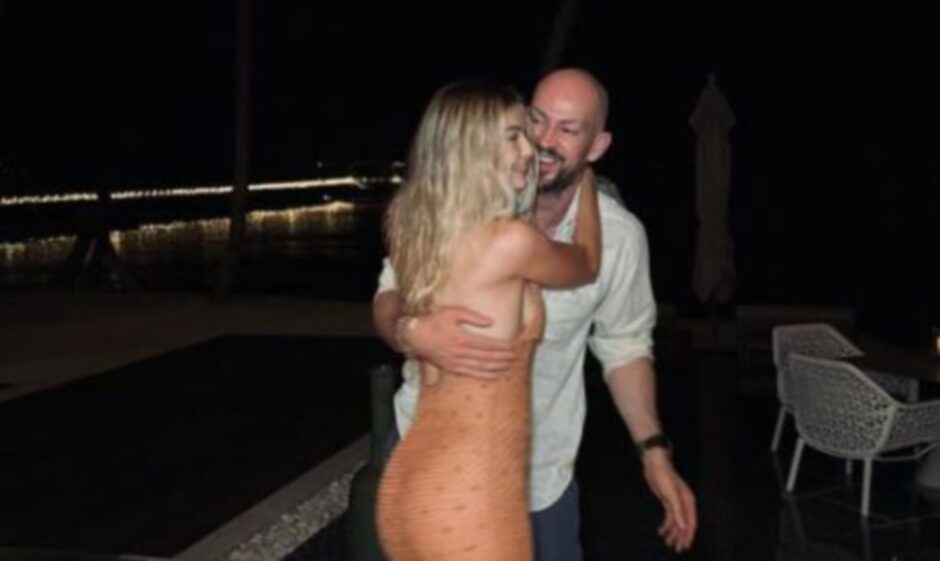
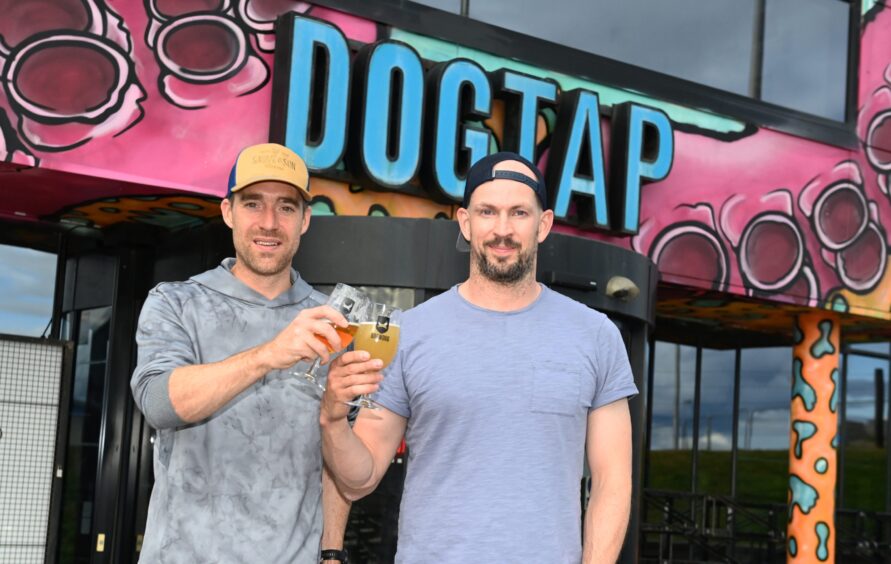
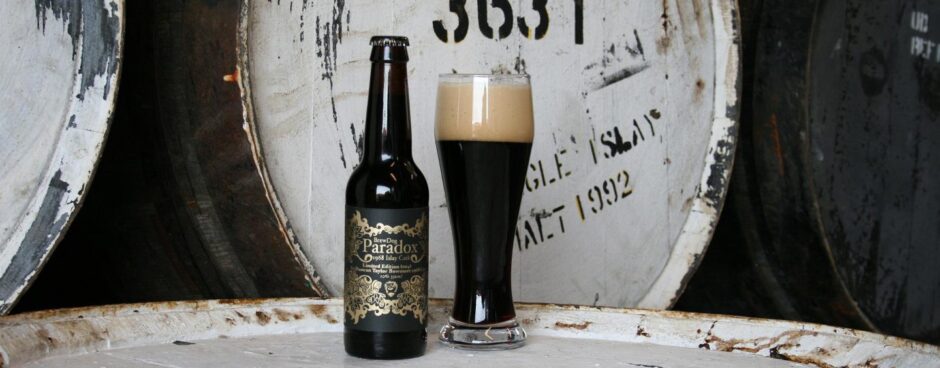
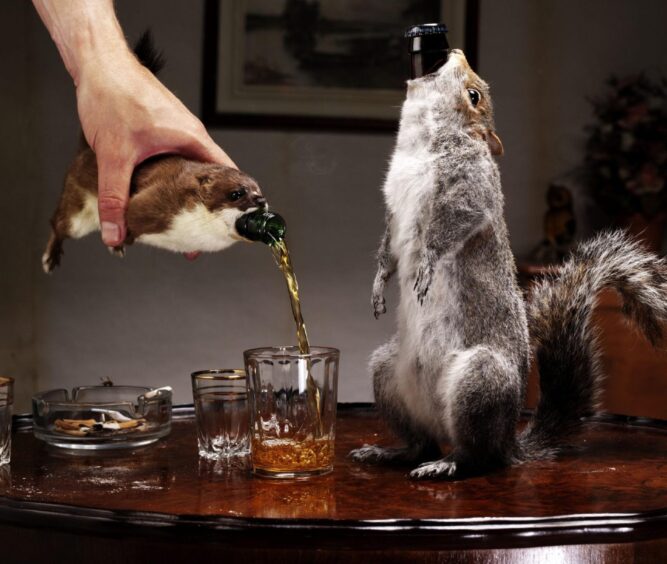
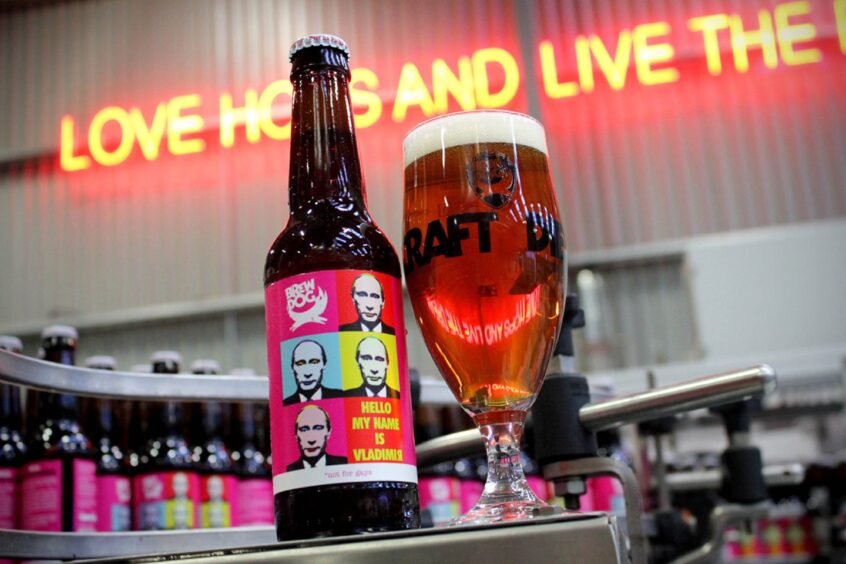
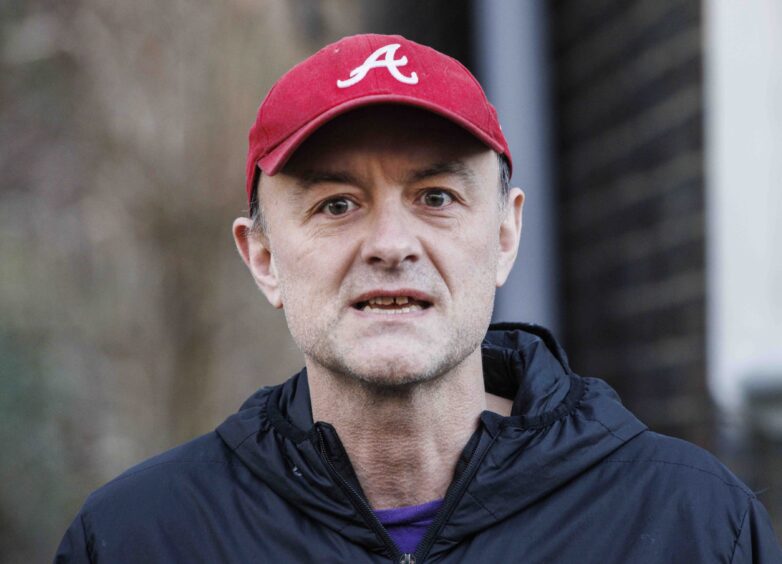
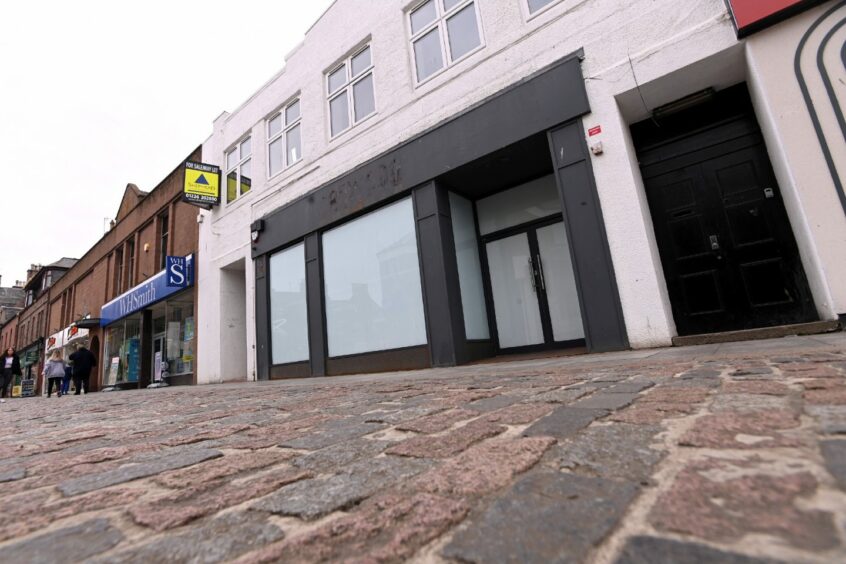

Conversation